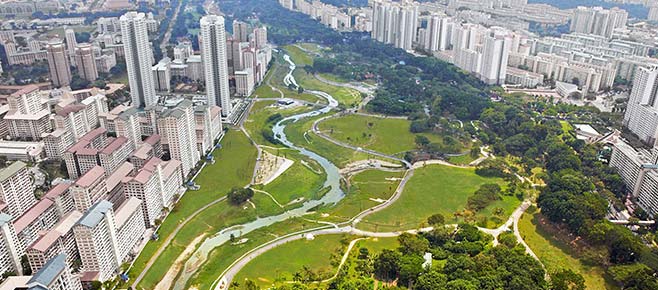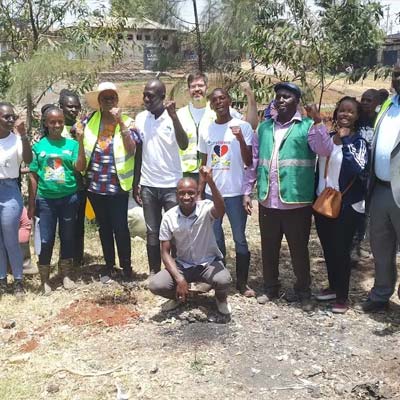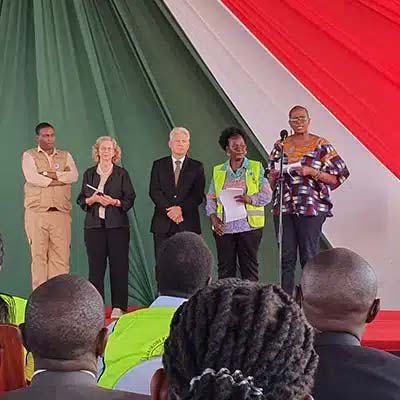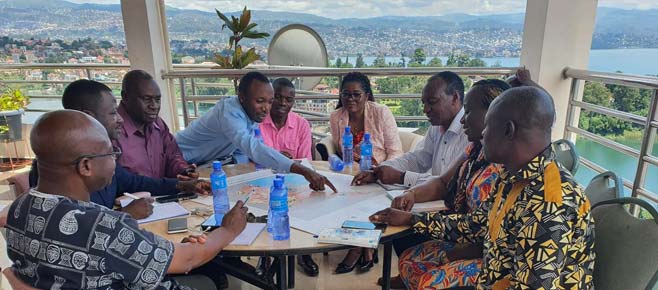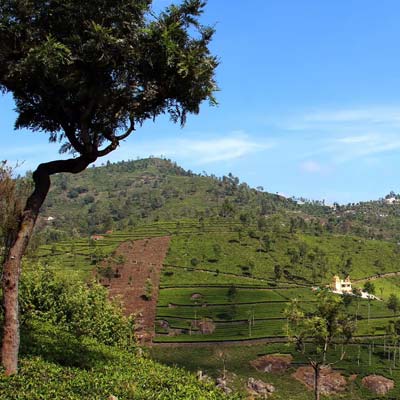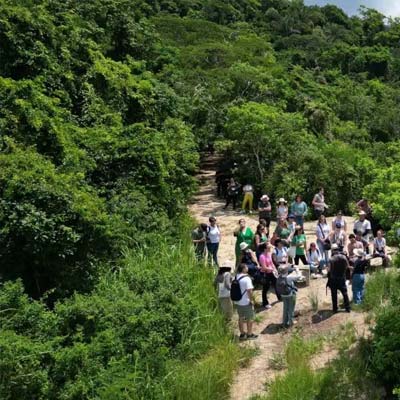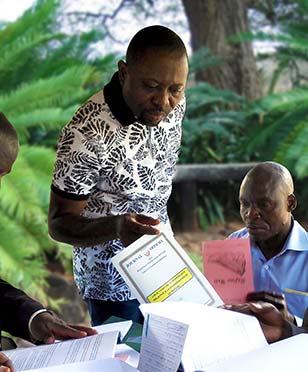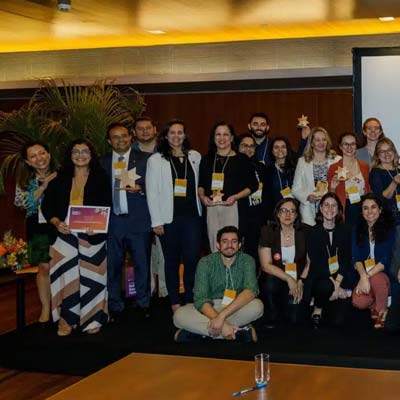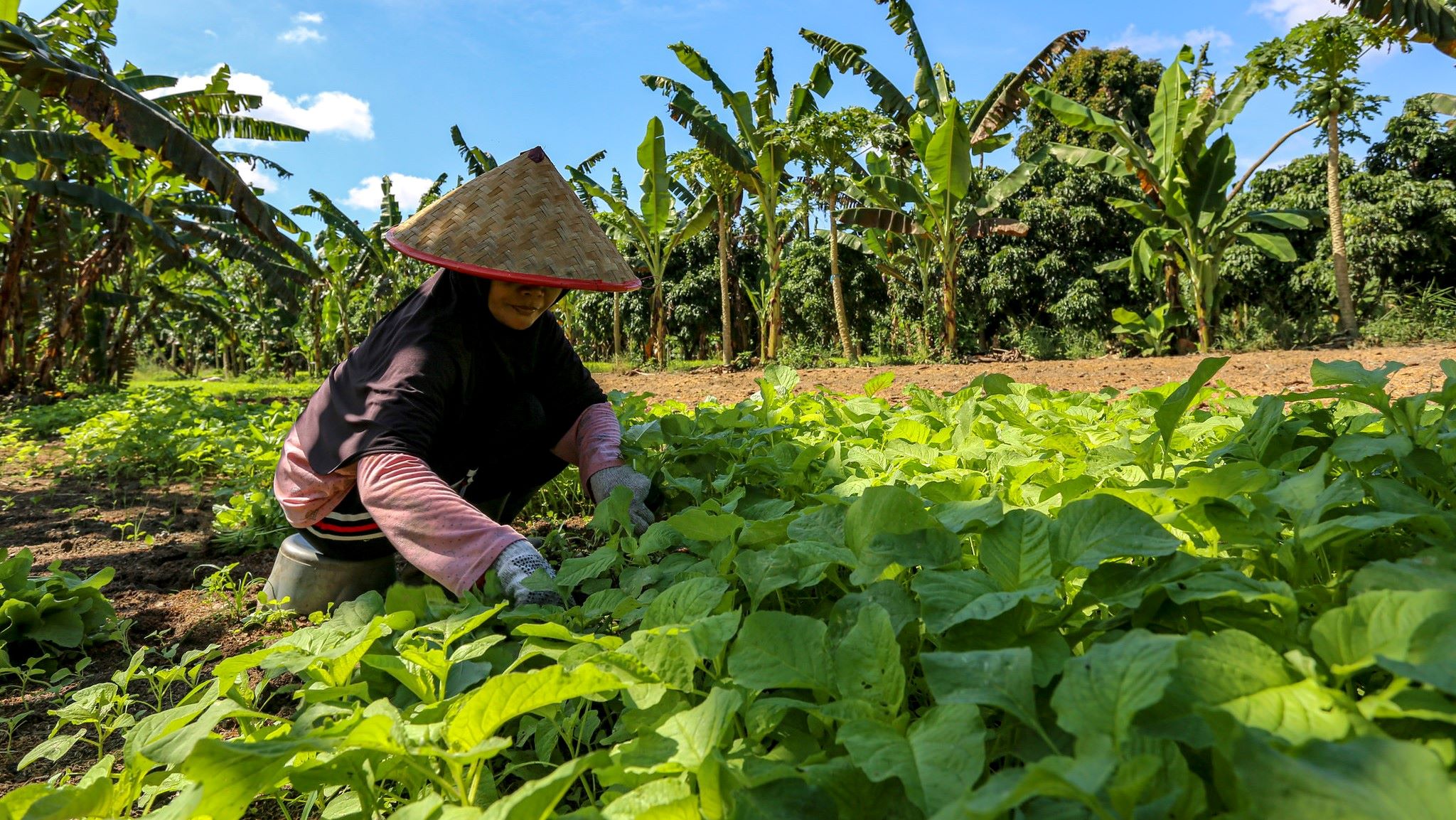Conducting thorough , which may include gender analysis, social impact assessments, and vulnerability assessments, can help identify and include all relevant stakeholders, especially the most vulnerable. In some cases, it might be especially important to identify historically marginalized groups such as those living in informal housing, squatters, indigenous people, or women performing unpaid labor. These may be some of the most vulnerable groups and at risk of bearing unintended negative outcomes from programs and policies.12, 15
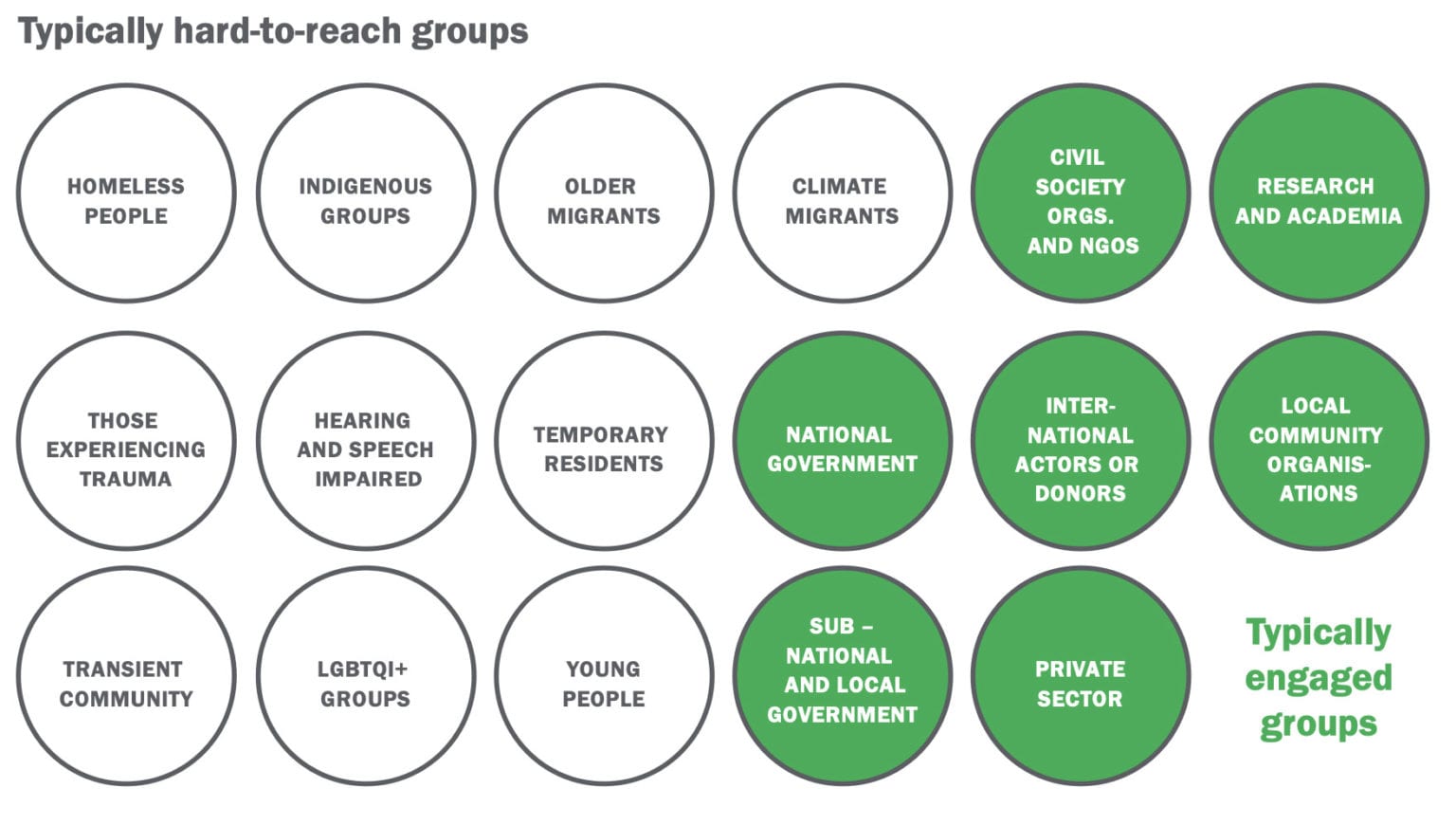
Policy effects usually vary across different groups. A social analysis can highlight power asymmetry and dynamics between stakeholder groups and within them. For instance, in Brazil’s Galileia community in the middle of the Amazon, a Social Landscapes Mapping exercise showed that men and women accessed information differently. Women received information from secondary sources such as elders, children, the church, and community leaders, whereas men communicated directly with organizations providing information. This analysis, conducted to understand how best to spread forest and landscape restoration practices, emphasized the importance of communicating through different channels such as radio and brochures to improve women’s knowledge around the restoration process.
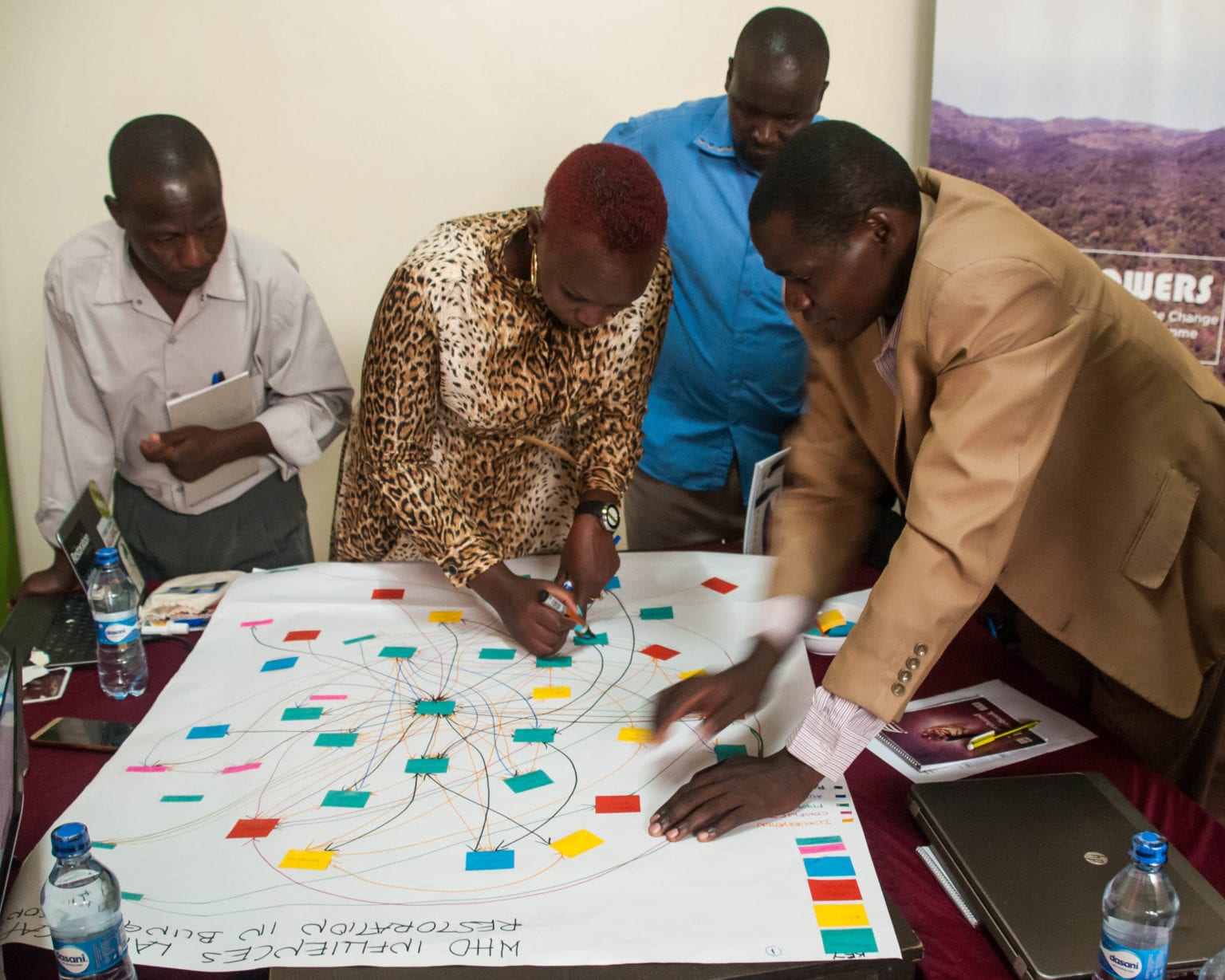
Resources
Mapping Social Landscapes Guide | World Resources Institute, 2018
Gender Analysis | European Institute for Gender Equality, n.d.
Gender Tool Box| Swedish International Development Cooperation Agency, 2015
Social Impact Assessment | International Association for Impact Assessment (IAIA), 2015
Comprehensive Food Security and Vulnerability Analysis Guidelines | World Food Programme, 2009
